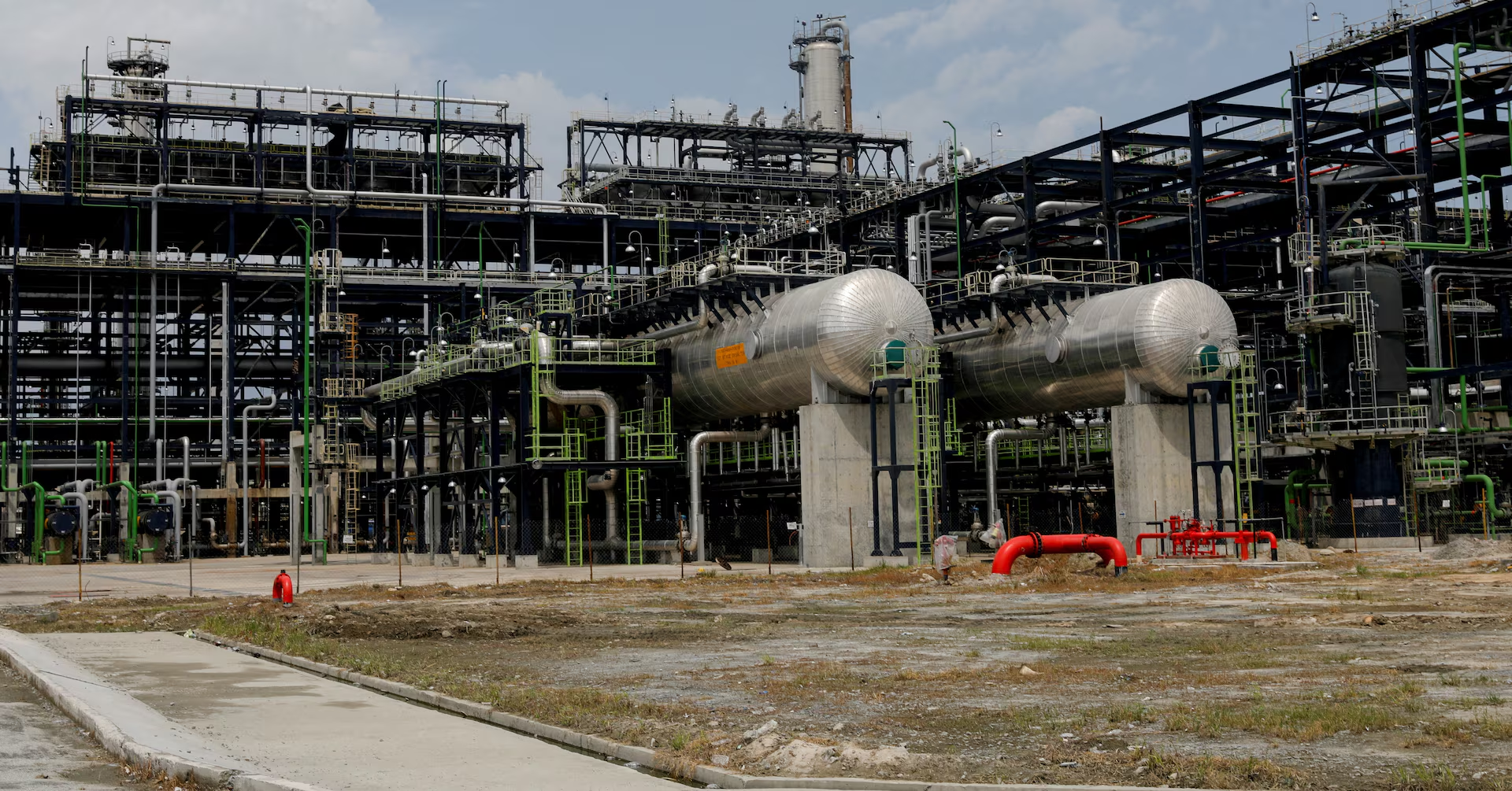In a significant development for Nigeria’s energy sector, the country’s oil output has risen to between 1.6 million and 1.7 million barrels per day following enhanced security measures aimed at curbing crude oil theft. Chief of Naval Staff Emmanuel Ikechukwu Ogalla made this announcement on Tuesday, highlighting the efforts of the Nigerian government to bolster the oil industry.

As a prominent member of the Organization of the Petroleum Exporting Countries (OPEC), Nigeria had experienced a decline in production, dropping to 1.2 million barrels per day in February. However, Ogalla revealed that the government’s intensified security initiatives have reversed this trend. He stated, “We have stepped up surveillance and enforcement in the oil-producing areas,” emphasizing the commitment to protecting Nigeria’s vital oil resources.
A notable departure from the Nigerian oil sector is Shell (SHEL.L), a major oil player, which has exited the country. This exit underscores the challenges faced by international companies operating in Nigeria’s volatile energy landscape.

The Nigerian Navy has deployed 12 vessels to patrol and secure the waters, aiming to prevent oil theft and ensure safe production. “Right now, as we speak, the Nigerian Navy has 12 vessels on the sea to protect oil production and stem oil theft. We have arrested over 16 vessels so far,” Ogalla reported, showcasing the navy’s active role in safeguarding the nation’s oil production capabilities.
Moreover, Ogalla mentioned that the Nigerian Navy has successfully disrupted illegal channels for the sale of petroleum products, further stabilizing the industry.
In light of these developments, Nigeria’s oil minister, Heineken Lokpobiri, stated in May that Nigeria has the potential to produce 6 million barrels of oil per day with sufficient investment in its energy sector. This ambitious target reflects the country’s aspiration to enhance its oil production capacity.
However, challenges remain. Both Nigeria and other African oil-producing nations face financial constraints, hindering their ability to explore and exploit oil and gas resources fully.
Reuters


